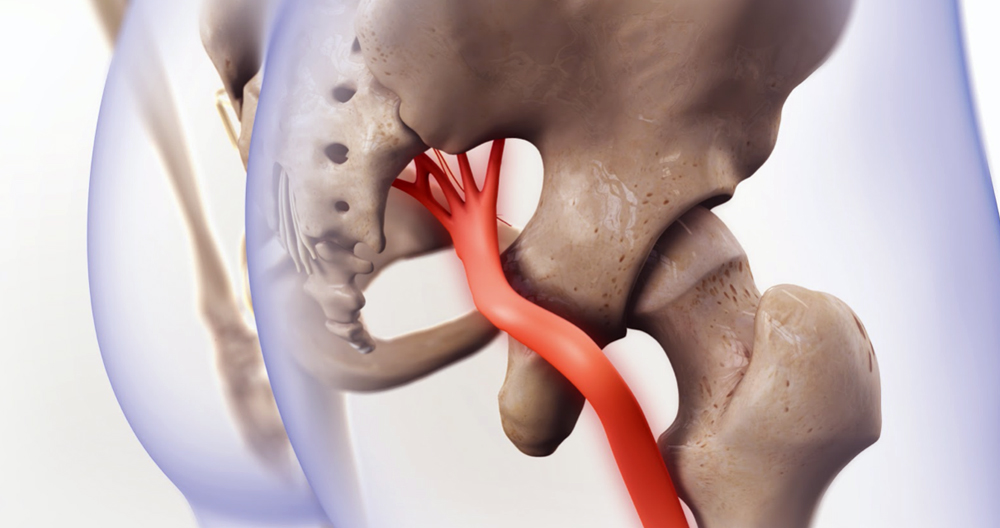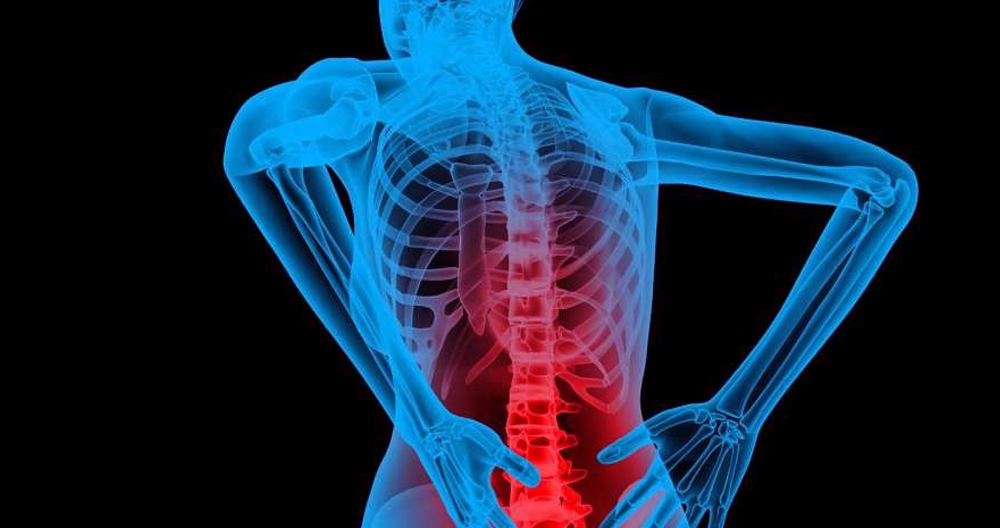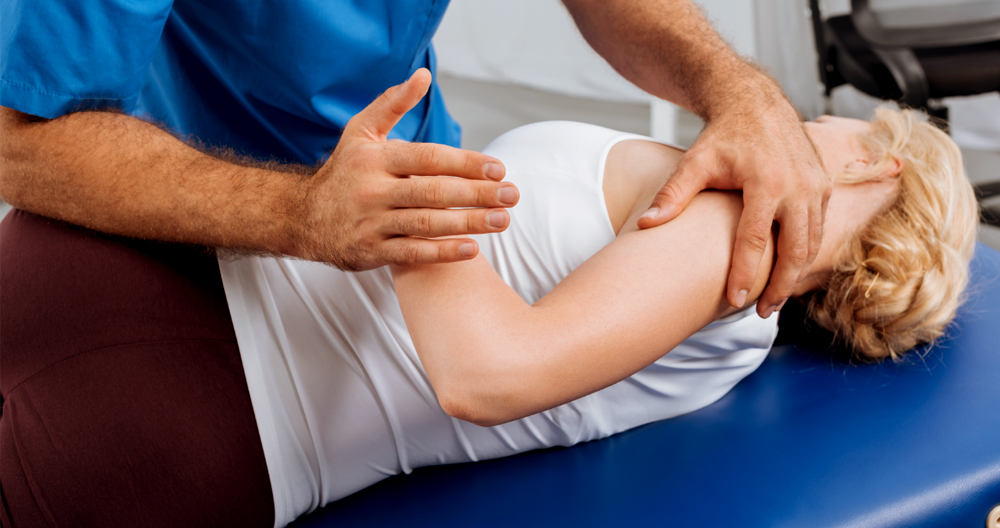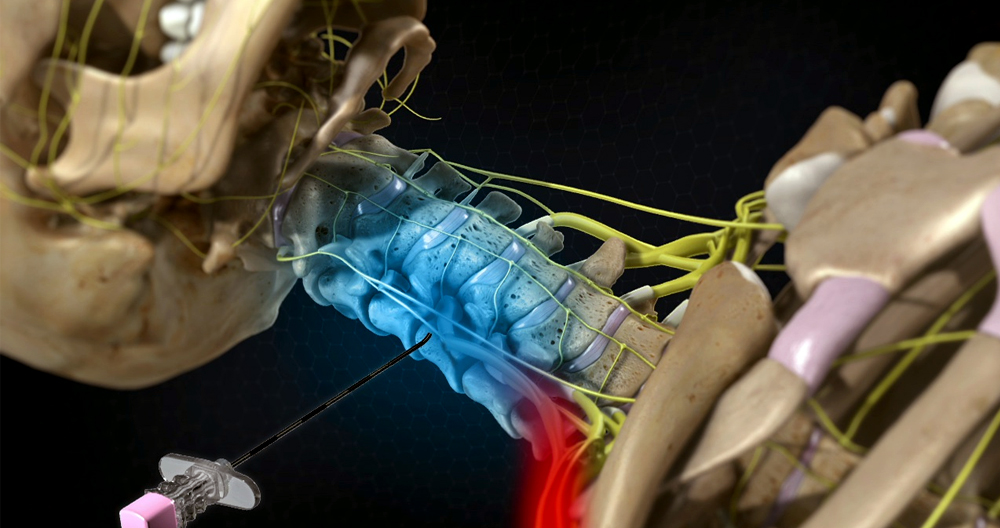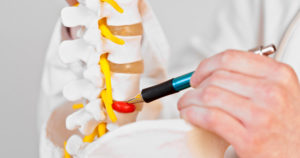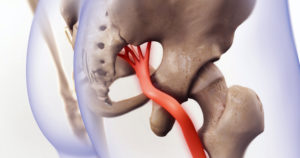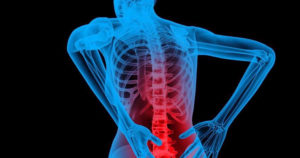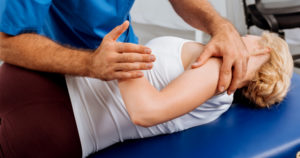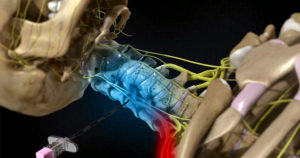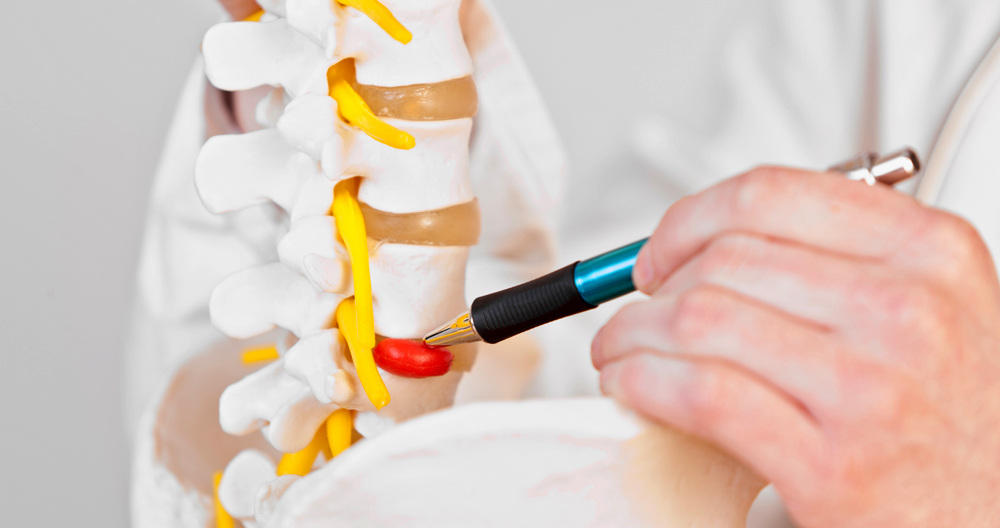
Can A Herniated Disc Heal Itself?
It is common for 80% of us to experience a herniated or slipped disc at some point in our lives. It is possible for some people to not even notice, and many will heal themselves without surgery. What’s the Difference Between a Bulging Disc or a Herniated Disc and a Slipped Disc? The discs (or vertebrae) are small, pillowlike devices found in the spine. They go between each bone of the spine. To prevent bones rubbing against one another, and to prevent shock from being moved around, the discs are filled in jelly-like material. Over time, discs may become harder

